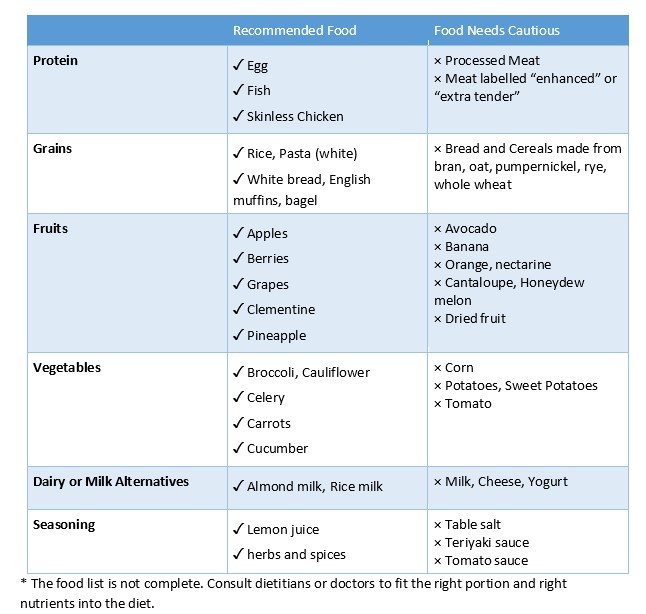Eat Right For The Kidneys

Most people who know of the importance of healthy food choices, especially those with weak kidney function will understand how nutrients could affect health level. However, meal planning is never an easy task when so many food rules and restrictions need to be remembered.
Watch Out For Protein, Phosphorus, Potassium, and Sodium
When kidney function is low, protein wastes and extra micronutrients can easily build up in their blood, often detrimental, therefore, eating the right food with suitable portion sizes helps regulate those nutrients at a safe level.

Label Reading, Food List - Good Strategies When Managing Diets
With the safe ranges of certain nutrients, label reading is a good strategy to practice. For example, by reading the nutrition label, it is easy to identify whether the food is rich in sodium or contains any phosphorus additives.
Other than food labels, a food list can come in handy when doing the grocery. After all, not all food comes with a nutritional table. With a food list, it is clear which is good to buy and which food should be avoided.

It Depends On The Stage Of Kidney Damage
Nutrition needs vary for everyone. How strict the diet is would depend on the stage of kidney function. There can be an adjustment in diet over time. Work with a dietitian to make a personalized meal plan and identify the right food and the right amount of nutrients.
- * All research and clinical data should be used as reference purposes only, results may vary.




